Come June 8, my name will appear on the ballot sheet for the election of members to the European Parliament from Malta. The journey getting here was long: from the first deliberations with my family, sounding people in the know, getting to know the PN from the inside and hitting the campaign trail visiting and meeting people from all walks of life.
We’re now at the point where voters should have a clear idea where the candidates stand on.
Malta’s interests
My priority, as you’d expect, would be to fight for Malta’s interests. There are two ways to do this. One option is the Labour way, involving little more than pandering to the gallery, making empty statements that make for catchy TV soundbites and viral Facebook posts. What it doesn’t do is to move other politicians to support your cause or Eurocrats to include your point of view into their proposals.
Promoting your country’s interest is a long, hard slog.
It involves reading the signs early, adjusting your sails accordingly, putting forth arguments that are solidly backed with evidence and seeing them through until the finish line. This is why the Maltese government stumbled on many occasions.
On many important files, it failed to be actively present from the beginning and, when belatedly it made its case, it was in a way that wasn’t solid enough to withstand counter-arguments.
Even though I’m not an MEP, I have done my best to be proactive. I have helped hundreds of young people seize the many opportunities available for them at the European level, petitioned the European Commission over grain imports and supported local councils in tapping funding to offer free WiFi. I have proposed measures to support Maltese products with a helping hand to farmers and fishermen. I have campaigned for retention of free-to-air broadcasting.
New ways to fight corruption
Over the past years, I visited over 900 households over the islands in home visits. A drop in the ocean compared to the whole population but nonetheless a good sample. A huge chunk of families I visited feel let down by the EU in the way it turned a blind eye to what was going on in Malta.
People who had looked at the EU to curb domestic excesses and ensure good behaviour from our politicians were shocked to see it was business as usual in Brussels. Joseph Muscat, despite a very dark cloud hanging over his head, would show up to European Council meetings to be welcomed with wide smiles and lots of slapping on the back.
Like anywhere else, European politicians come in all forms. The EU has its fair share of opportunists and unprincipled. What it also has are functioning institutional mechanisms. And, over the last few years, the EU has been putting together its ‘toolbox’ to combat corruption and ensure fairness and the rule of law. From anti-SLAPP legislation to legislation to ensure the independence of public broadcasting, there has been a lot of good work going on.
It is now time to put those tools to work.
The next step is to make use of those tools and ensure that national authorities respect the European laws they voted for. As an MEP, I will make sure that the European Commission sees that the implementation of these laws in the member states is correct and effective. With senior officials like the commissioner of police and the state advocate turning a blind eye to the machinations of the government, there are now other opportunities to ensure that our politics stays clean and authentic.
I will also be fighting the corruption battle at the technical level, using the skills from my 20-year-long experience at the policy table, using the fine print of the EU acquis, from anti-fraud rules to public procurement directives and anti-money-laundering rules.
Special attention to Gozo and young people
Every politician has his favourite topics. I do too.
The first is Gozo. I’m very attached to the place, and it pains me to see that not only is the island left alone to overcome its geographical disadvantages but there are so many EU opportunities which are not being tapped. There are many remote communities in the EU and EU policies exist to ensure that they also benefit from the measures that naturally favour more central communities.
For example, as part of its climate policies, the EU supports clean transport. Imagine if we were to present a serious proposal for a new fleet for Gozo Channel, 100 per cent electric and EU-funded! Stop imagining, it can be done with existing tools and several other member states are already doing it.
For Gozo to succeed, Gozitans must be in the driving seat when it comes to EU-funded projects with a view to creating jobs in Gozo.
As an MEP, I will make sure that Gozo’s voice is heard in the European Parliament committees and that the island’s particular circumstances are taken account of in EU laws and policies.
The EU offers a lot of opportunities to young people. Promoting existing schemes covering youth exchanges, traineeships, studies and work and improving and adapting them will be my aim as an MEP.
Proper implementation
After Malta joined the EU, Alfred Sant went on record saying that, at the helm of the government, his application of EU law would be a case of “tbażwir” – “winging it” doesn’t quite capture the sloppiness implied in the Maltese word. Sant never made it back as prime minister but his Labour successors made the application of EU law a matter of doing nothing really or just enough to keep the European Commission distracted.
For example, the EU law requiring tendering, which the Maltese government ignores and then issues direct orders, and the EU’s Cross Border Healthcare Directive, which says you have the right to be reimbursed healthcare abroad until your government decides that it really doesn’t feel like it should reimburse you. Laws are laws and nobody is above them, certainly not a member state that has voted for them in Brussels and then decides it doesn’t care in Malta.
That, in a nutshell, is where I stand. If you feel that we’re on the same wavelength, get in touch (kellimni@peteragius.eu) or hit my website or Facebook where you find details on upcoming events. And, even better, consider voting for me on June 8.
The EU is an effective means to make improvements to our lives, our communities and our environment. What we need to do is to transform its potential into actual, tangible benefits. With your help, we can do just that.
Peter Agius is a Nationalist Party MEP candidate.
https://timesofmalta.com/article/how-i-help-mep.1089239
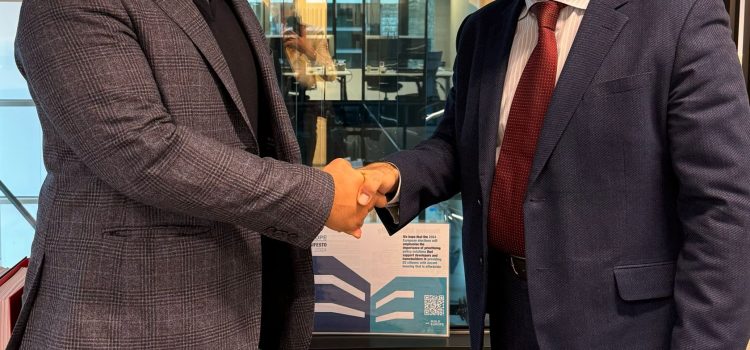
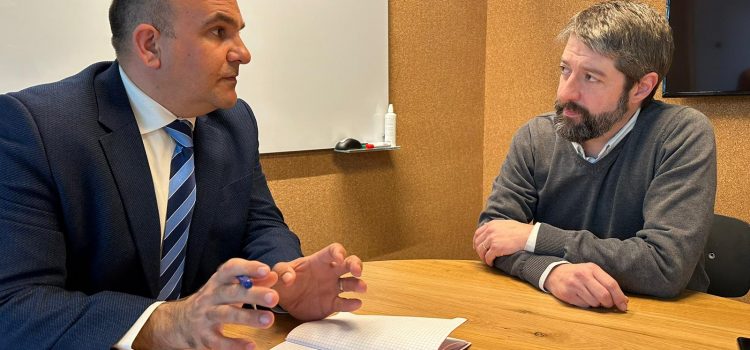


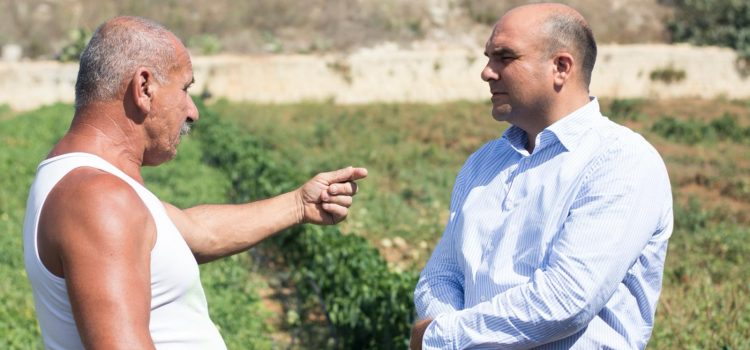
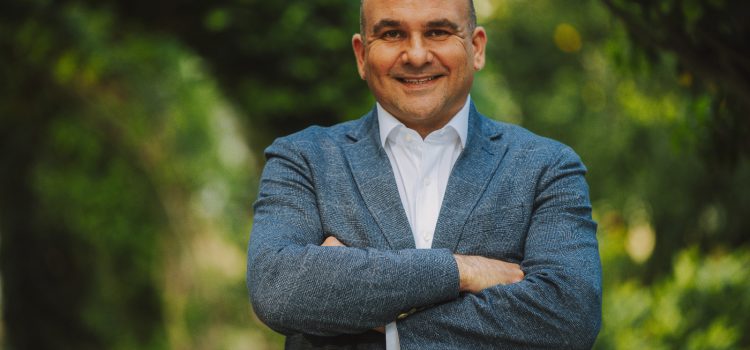
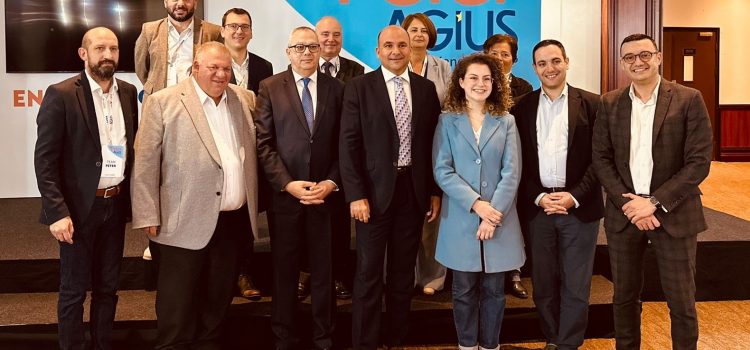













Recent Comments